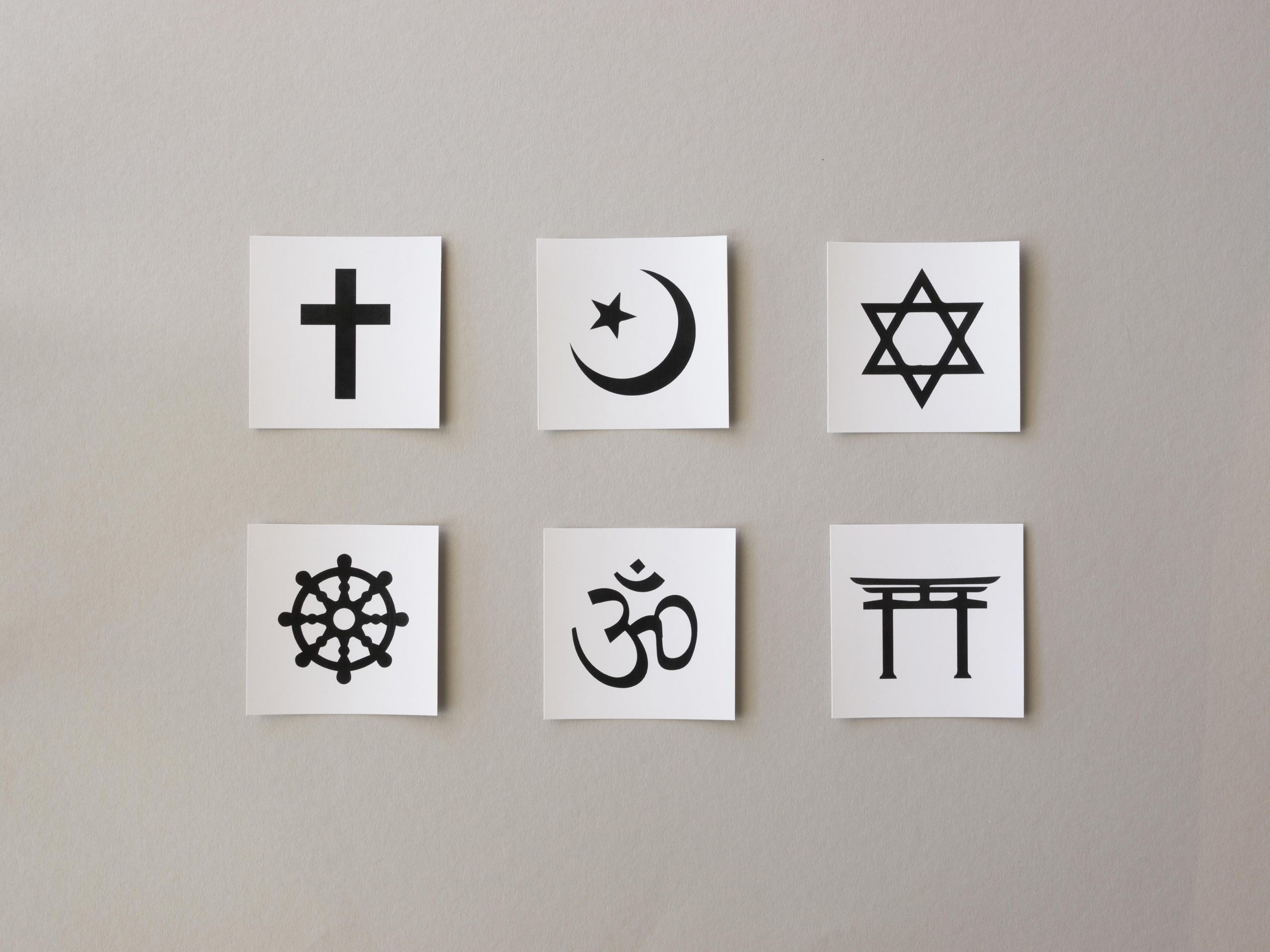News Highlight:
- More than ten States have enacted laws prohibiting religious conversions affected through force, allurement, fraud, or marriage
- The Supreme Court’s recent remarks on religious conversions cast a spotlight on the long-standing debate about what the fundamental right to “propagate” one’s religious faith entails.
Key Takeaway:
The Bench has been hearing a plea from advocate Ashwini Kumar Upadhyay seeking a special law against forced conversions and alleging that “mass conversions” of socially and economically underprivileged people are being carried out.
Need for Anti-Conversion Laws:
- No Right to attempt to convert:
- The Constitution confers on each individual the fundamental right to profess, practice and propagate his religion.
- The individual right to freedom of conscience and religion cannot be extended to construe a collective right to attempt to convert
- For the right to religious freedom belongs equally to the person converting and the individual sought to be converted.
- Fraudulent Marriages:
- In the recent past, several instances have come to the notice that whereby people marry persons of other religion by either misrepresentation or concealment of their own religion and after getting married they force such other person to convert to their own religion.
- Supreme Court judicial notice:
- According to the court, such incidents not only infringe the freedom of religion of the persons so converted but also militate against the secular fabric of our society.
Status of Anti-Conversion Laws in India:
- Constitutional Provision:
- Article 25: Freedom of conscience and free profession, practice and propagation of religion
- Article 26: Freedom to manage religious affairs
- Article 27: Freedom to pay taxes for promotion of any particular religion
- Article 28: Freedom to attend religious instruction or worship in certain educational institutions.
- The Indian Constitution allows individuals the freedom to live by their religious beliefs and practices as they interpret these.
- In keeping with this idea of religious freedom for all, India also adopted a strategy of separating the power of religion and the power of the State.
- Existing Laws:
- There has been no central legislation restricting or regulating religious conversions. However, since 1954, on multiple occasions, Private Member Bills have been introduced in (but never approved by) the Parliament, to regulate religious conversions.
- Further, in 2015, the Union Law Ministry stated that Parliament does not have the legislative competence to pass anti-conversion legislation.
- Over the years, several states have enacted ‘Freedom of Religion’ legislation to restrict religious conversions carried out by force, fraud, or inducements.
Criticisms:
- Burden of proof:
- Members of the state’s Legislative Council raised objection to the punishment prescribed and the burden of proof on the witness.
- Uncertain Terminology:
- like misrepresentation, force, fraud, allurement presents a serious avenue for misuse.
- These terms leave room for ambiguities or are too broad, extending to subjects far beyond the protection of religious freedom.
- Antithetical to Minorities:
- Another issue is that the present anti-conversion laws focus more on the prohibition of conversion to achieve religious freedom.
- However, the broad language used by the prohibitive legislation might be used by officials to oppress and discriminate against minorities.
- Antithetical to Secularism:
- These laws may pose a threat to the secular fabric of India and the international perception of our society’s intrinsic values and legal system.
Anti-Conversion Laws in Various States:
- Arunachal Pradesh, Chhattisgarh, Gujarat, Himachal Pradesh, Jharkhand, Madhya Pradesh, Odisha, Uttar Pradesh and Uttarakhand have laws restricting religious conversion.
- Odisha was the first State to enact anti-conversion legislation, the Orissa Freedom of Religion Act, 1967.
- Madhya Pradesh enacted the same the following year.
- Penalties for breaching the laws can range from monetary fines to imprisonment, with punishments ranging from one to three years of imprisonment and fines from 5,000 to Rs 50,000.
- Some of the laws provide for stiffer penalties if women, children, or members of Scheduled Castes or Scheduled Tribes (SC/ST) are being converted.
Way Forward:
Historically, India has never witnessed persecution purely on religious grounds. Compared with Europe, the Middle East and elsewhere, India has had a benign environment in this respect. Religious wars are alien to India. But the country has not been immune from religious violence due to flaring up of passions among different communities.
Pic Courtesy: The Hindu
Content Source: The Hindu



